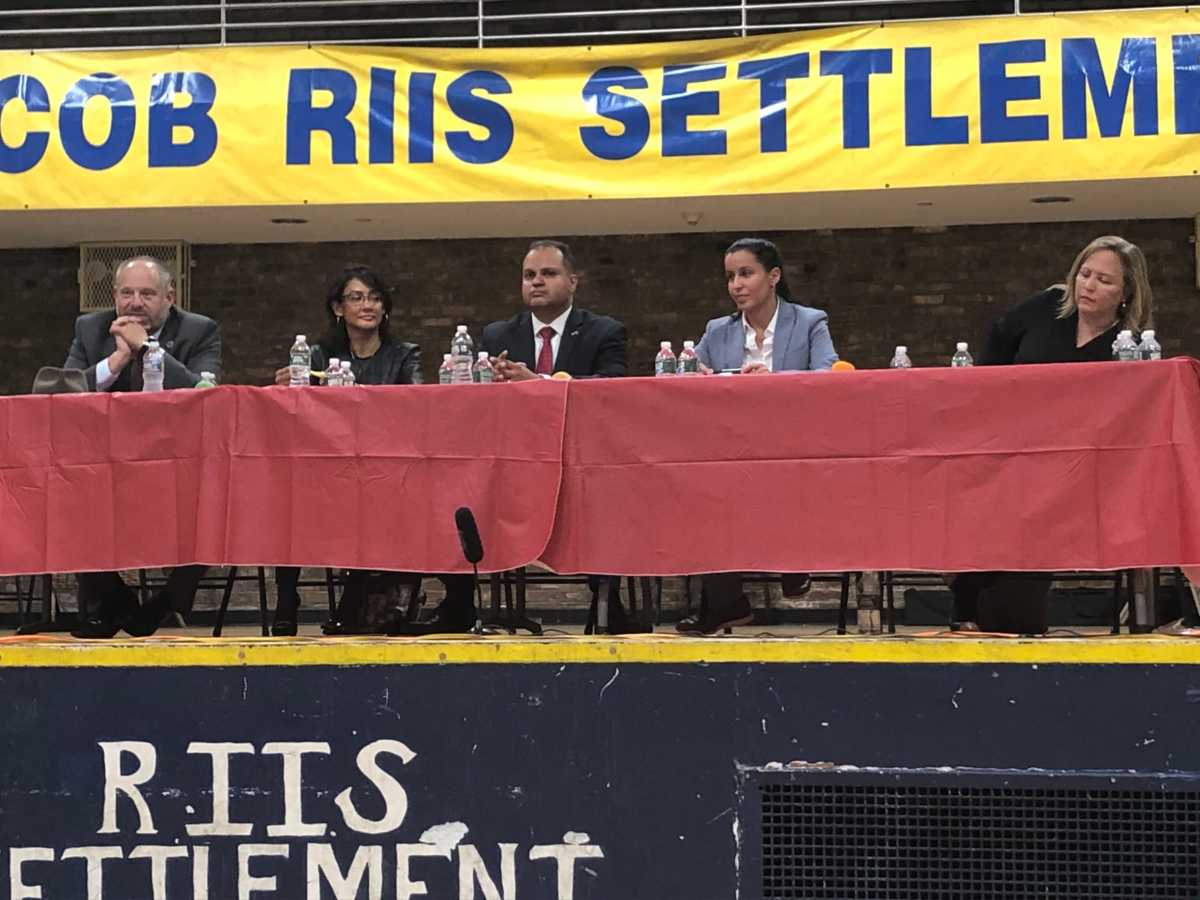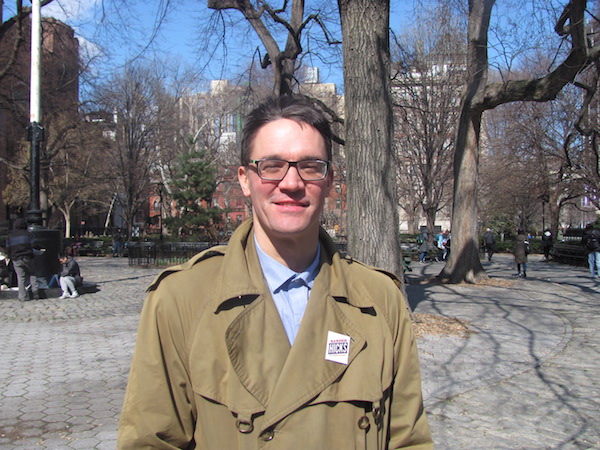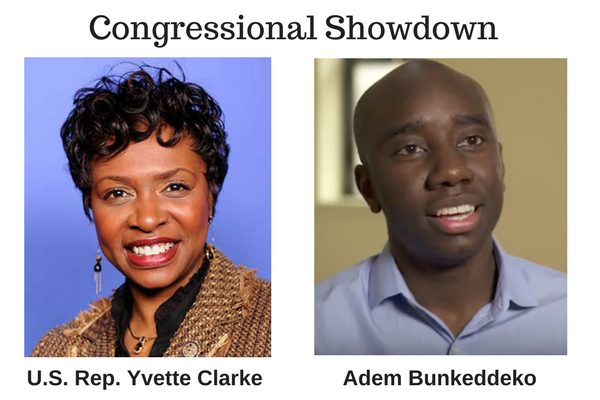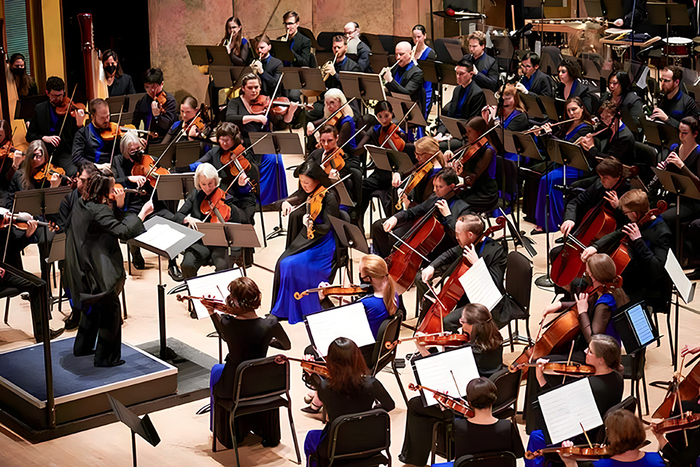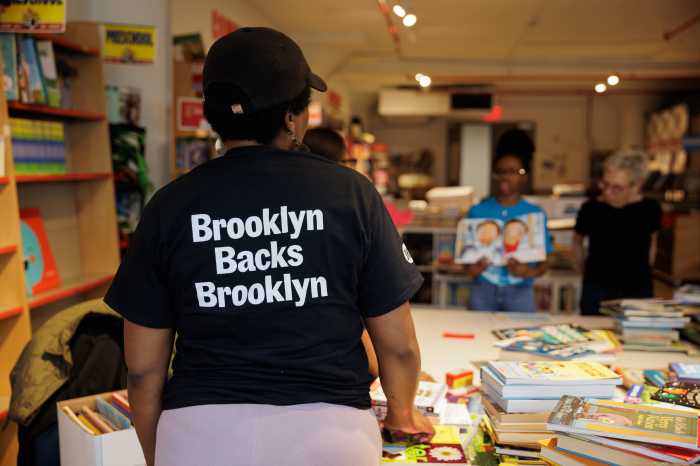The primary for the Democratic nominee for the Queens District Attorney’s Office is just days away and candidates Tiffany Cabán, a public defender, Councilman Rory Lancman (D-Hillcrest) and former prosecutors Betty Lugo, José Nieves and Mina Malik did not hold back at a forum in Queensbridge at the Jacob A. Riis Neighborhood Settlement on Monday.
During the forum, the candidates who are all running on a criminal justice reform platform were asked about how they would handle assistant district attorneys who currently or in the past have abused their positions or who might have trouble adjusting to policy change.
Malik didn’t waste any time taking a swipe at Cabán and Queens Borough President Melinda Katz, the two frontrunners in the race.
“This is where experience matters ladies and gentleman. I have already implemented culture change and criminal justice reform in three major areas in the city of New York as well as Washington D.C.,” said Malik.
Similar to any new president, “the entire executive staff goes” said Malik as she riddled of her past accomplishments.
“We did that in Brooklyn, it took some time, but anytime that you are trying to implement any new culture change a lot of the pushback is going to come from within. That’s exactly what happened in Brooklyn [District Attorney’s Office], it’s exactly what happened at the Civilian Complaint Review Board and it happened at the Attorney General’s Office [in D.C.],” said Malik who managed approximately 2,000 people throughout her career. “This is too serious a job to give it to a novice who has not done it before or a career politician who is not here tonight.”
Katz was scheduled for a Queens Borough Board meeting that was held around the same time as the forum on June 17. Former Judge Greg Lasak was a no-show at the event as well but was not able to be reached for comment.
Cabán had a different approach to handling ADA holdovers from DA Richard Brown’s administration.
“When we talk about changing this district attorney’s office that has been functioning in a manner that has not really promoted public safety and has really harmed our communities, this is about changing a culture and you can’t do that by firing everybody on day one,” said Cabán. “Yes, there are going to be changes, but there are going to be three types of people: there are people who went in to do good work but the system didn’t allow them to and they are going to stay, there are people who are resistant to change, but they are going to come around, and then there are going to be folks who are just not with it and they will no longer be around.”
Whoever becomes the new district attorney will not only be responsible for shaping the culture of the office, but they will also decide how to spend $80 million in asset-forfeiture funds. Those funds are crime proceeds that the federal government takes and shares with local law enforcement offices to help with expenditures, according to the U.S. Department of Justice.
“The forfeiture money could be put to very good use,” said Lugo. “Queens is lacking in diversion programs, and they are lacking in social workers, interpreters and people that look like us that understand our communities.”
The forum was mostly made up of black, Latino and Asian in the audience some of who needed interpretation services to follow the debate.
“When someone gets arrested there has to be educational outreach to work with the police,” said Lugo. “I would give some of that money to some of those faith-based organizations because the faith-based communities know our communities best and they can mediate disputes that don’t have to be taken to the criminal justice system. Why arrest somebody and give them a record when you can mediate that issue?”
Cabán had a participatory budget approach for the funds.
“I do commit taking that [$80] million dollars and allowing our community decide how best to use it,” said Cabán.
Nieves believes that it is up to the district attorney to decide what the law enforcement purpose is for the funds.
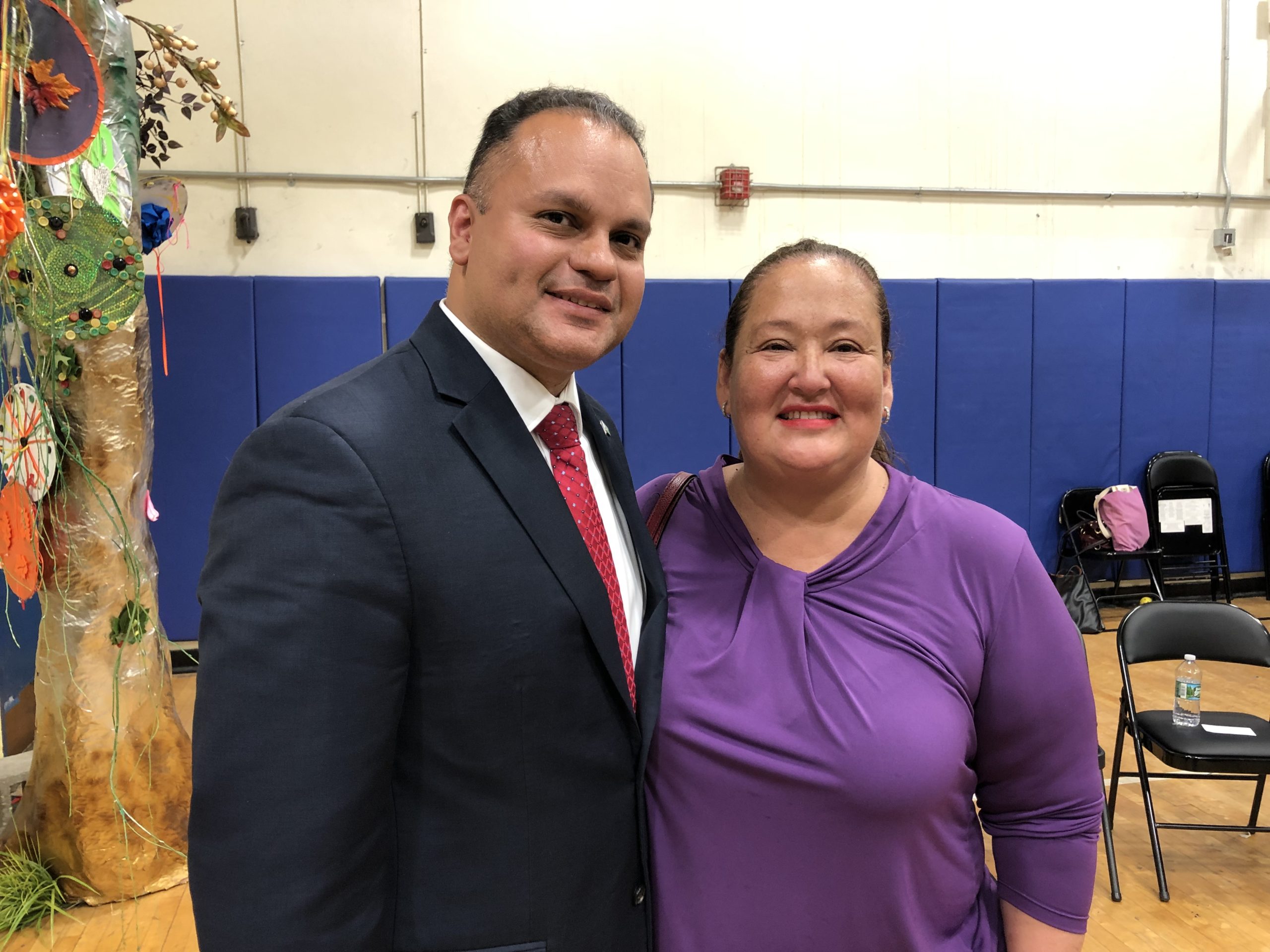
“In my eyes, the law enforcement purpose is to reduce crime and to reduce recidivism,” said Nieves. “We invest programs that are working in our community.”
One program he mentioned was Father’s Alive in the Hood, a community-based program organized around fathers-of-color who work to end gun and gang violence in their neighborhoods.
“I would use the asset-forfeiture fund to make sure that we are stopping crime where they usually start,” said Malik. “That is with our youth. We need to make sure that our youth are staying in school and that there are school-based programs, that they have after-school programs to go to and programs to go to in the summer to keep them out of the streets and doing something positive with their lives.”
Malik also wants to have credible messenger and violence interrupters to go in impoverished neighborhoods to prevent kids from getting into trouble in the first place, and re-entry programs for the formerly incarcerated so that they don’t commit crimes again.
As a public official, Lancman believes his experience in dispersing funds provides him the know-how in properly allocating the millions the Queens District Attorney’s Office has at its disposal.
“We are about to pass a budget in the City Council that includes $36 million in crisis management funding, anti-gun violence programs, crime prevention programs and the Cure Violence program,” said Lancman. “You have to have experience in dispensing this vast amount of money to ensure that you are going to get the best value for your money.”
The primary is on June 25th.


